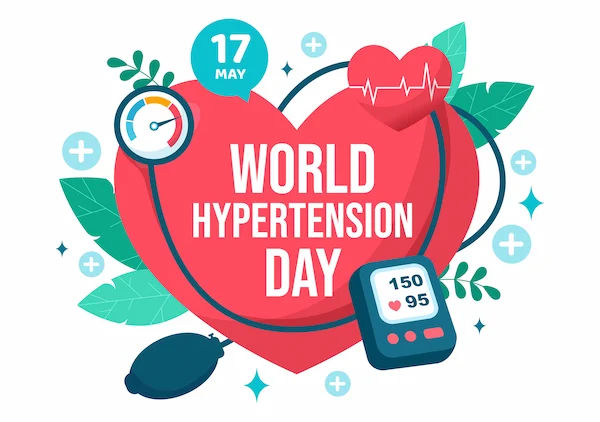- male
- 60 Years
- 29/01/2025
I'm wondering if it's okay to stop taking ecospirin 75 after recovering from COVID. Is there a recommended time to keep taking it if I only had mild symptoms? And what happens if I stop using it after a month? Could there be any side effects from stopping it so soon?
Answered by 1 Apollo Doctors
Ecospirin 75 is a brand name for aspirin. Aspirin is often prescribed post-Covid recovery to prevent blood clots. The duration for taking aspirin post-Covid recovery varies depending on individual risk factors and the severity of the illness. It is important to follow your healthcare provider's recommendations regarding the duration of aspirin therapy. Stopping aspirin abruptly after 1 month of Covid recovery may increase the risk of blood clots, especially if you were prescribed aspirin for this purpose. It is important to consult with your healthcare provider before discontinuing any medication, including aspirin, to avoid any potential side effects or complications.
Dr. Dhankecha Suggests...
Consult a Cardiologist
Answered 04/07/2025
0
0

More Cardiology Health Queries
View allI'm 35 and recently got some blood work done. My LDL is at 123, triglycerides are 100, and my cholesterol is 178. I'm pretty worried about the LDL number. Are these levels okay, or should I be concerned? Can you help clear up my doubt?
Based on the provided readings, your LDL level of 123 mgdL falls within the optimal range for LDL cholesterol (less than 100 mgdL is considered optimal). Your triglyceride level of 100 mgdL is also within the normal range (less than 150 mgdL is considered normal). Additionally, your total cholesterol level of 178 mgdL is within the desirable range (less than 200 mgdL is considered desirable). Overall, your lipid profile seems to be within normal limits. However, it is always important to consider other risk factors for heart disease and consult with your healthcare provider for a comprehensive evaluation.
Answered by 1 Apollo Doctors
I'm really worried because my blood pressure is reading 140100. I know that's considered high, and I'm wondering what medicine I should be taking for it. Is this something I need to be urgently concerned about? Should I see a doctor right away?
According to me you have to measure your bp once daily and make a report after that we can make a conclusion and if it is prehypertension range we can try some lifestyle changles avoid salt tea coffee stress etc
Answered by 1 Apollo Doctors
I'm having some issues with my medication. I was prescribed Dytor 5 tablets because I have MVP and moderate MR, but every time I take them, I start feeling really drowsy, my hands turn reddish, and my heart starts pounding. Initially, my doctor advised one tablet daily, but when I mentioned these symptoms, he suggested increasing the dosage to 12 tablets a day. However, Im still feeling dizzy all the time. Is this normal, or should I be concerned? What should I do?
Its better to switch to another tablet but better to rule out further why you are getting such symptoms and give right treatment
Answered by 1 Apollo Doctors
Disclaimer: Answers on Apollo 247 are not intended to replace your doctor advice. Always seek help of a professional doctor in case of an medical emergency or ailment.





